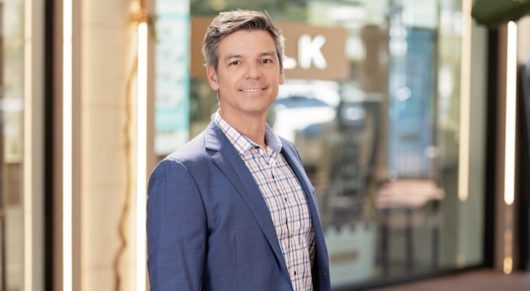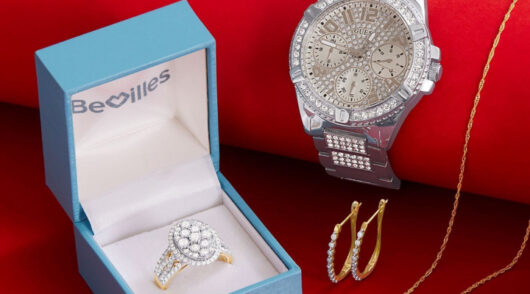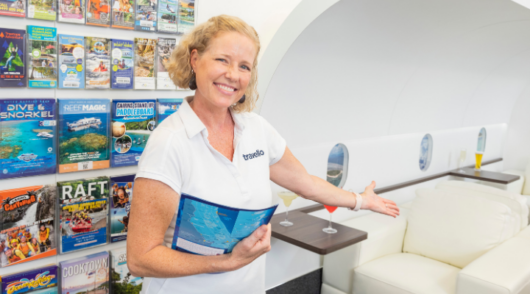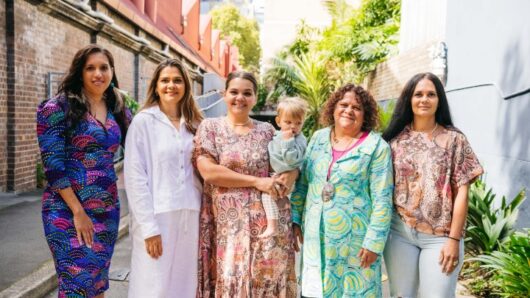 Australian businessman Stephen Copulos says getting shares in listed Restaurant Brands, in which he is now the second-largest shareholder, was a key part of the fast food brands company acquiring his family’s KFC franchise in NSW.
Australian businessman Stephen Copulos says getting shares in listed Restaurant Brands, in which he is now the second-largest shareholder, was a key part of the fast food brands company acquiring his family’s KFC franchise in NSW.
Restaurant Brands, which operates fast food chains KFC, Pizza Hut, Starbucks and Carl’s Jr in New Zealand, paid A$82.4 million in April to purchase QSR, the largest KFC franchisee in New South Wales with 42 stores.
It is the company’s first foray into Australia since its disastrous attempt to expand through Pizza Hut in the state of Victoria which it exited nearly a decade ago.
The acquisition was settled by issuing Copulos’s family interests five million shares at market price and the rest in cash, which Restaurant Brands funded through debt.
Copulos, who was one of three directors re-elected to the Restaurant Brands board on Friday at the annual meeting in Auckland, has since acquired a further two and half million shares.
Copulos said he had no ambition to further boost his stake at this stage and wouldn’t speculate on any ambition to become the largest shareholder in the company.
“I’m very happy with the investment I’ve made and the position the company is in,” he said.
“I’ve been involved with the fried chicken business for a number of years – it’s in my blood.”
His family interests have a wide range of business investments from fast food and hospitality to manufacturing, property development and mining spread across a number of countries. This is its first investment in New Zealand.
Ted van Arkel, company chair, said Copulos’ joining the board following the acquisition of his QSR business in Australia and his long experience of and familiarity with the Australian KFC market will provide invaluable assistance in the company’s Australian growth strategy.
The Restaurant Brands board on Friday reiterated its forecast net profit after tax for the current financial year at NZ$28-NZ$30 million (A$26.1-A$28.01 million), a 7.8 per cent increase from the previous year.
Same store sales are up 5.3 per cent for the year.
Overall brand profit increased this year to a combined store EBITDA of $66.9 million, up $5.4 million or 8.7 per cent on the prior year.
Chief executive Russel Creedy said total store numbers were down on the prior year with the continued selling down of company-owned Pizza Hut stores, reducing that number by seven to 39. KFC and Carl’s Jr. store numbers both remained constant at 91 and 18 stores respectively. The closure of one underperforming KFC store was offset by a new store opening in Albany. Carl’s Jr saw two new stores open in Christchurch early in the new financial year, both of which are performing very strongly.
“We finished the year with 173 stores in New Zealand,” Creedy said.
The Australian business was making A$100 million in revenue and A$15 million in profit when acquired, but Creedy said the current year’s results would be impacted by the acquisition although it was already earnings accretive.
KFC is the big money-spinner for the company, accounting for NZ$282.5 million of its total NZ$387.6 million sales in the year ending February 2016 and for NZ$57.2 million of total NZ$67 million earnings before interest, tax, depreciation and amortisation.
Van Arkel said KFC margins are expected to be maintained this financial year with sales momentum continuing, though it will be a “little more measured”.
Creedy said the only way to achieve the target set by the board of NZ$1 billion in turnover within five years was to expand into Australia but he was keen to avoid the mistakes made with the Pizza Hut foray where under-performing stores, including ones in receivership, were bought which they then struggled to turn around.
Access exclusive analysis, locked news and reports with Inside Retail Weekly. Subscribe today and get our premium print publication delivered to your door every week.





